.jpg)
X determines the framework of the royalties and adequate remuneration for radio workers at the grassroots level.
National Assembly deputies basically agreed to amend the Press Law to continue institutionalizing the Party's policies and guidelines on building a professional, humane and modern press and media system, overcoming the limitations and inadequacies of the current Law and press work in recent times.
In Article 45 of the draft Law on the provision of radio and television services, Clause 2 stipulates that units providing radio and television services and advertising are responsible for ensuring the quality of radio and television transmission, broadcasting, and transmission of radio and television channels and services serving the political tasks and essential information and propaganda of the nation and localities.
National Assembly Deputy To Ai Vang ( Can Tho ) said that currently, the operation of commune-level radio stations is also facing many difficulties. As before, district-level radio stations play a key role in managing and operating the radio system, maintaining daily broadcasting; directing, orienting, and guiding commune stations on radio program content and managing, supervising, equipping, and repairing radio equipment for communes.

“After the merger, the staff in charge of commune-level radio broadcasting are often part-time, lack expertise, and have not received formal training in radio journalism; equipment is old, outdated, unsynchronized, degraded, and lacks funding for maintenance and repair; many places have not yet converted to modern telecommunications technology,” delegate To Ai Vang stated the reality.
On the other hand, according to delegate To Ai Vang, royalties and allowances for radio workers are still low; the main activities are rebroadcasting and rebroadcasting programs from higher levels, with few self-produced local programs; the one-way transmission method is not yet adapted to the digital media environment.
Over the years, the grassroots radio system has played an active role, promptly conveying the Party's guidelines and policies and the State's laws to the people; providing information on weather forecasts, irrigation, storms and floods, helping farmers minimize damage caused by natural disasters. Through grassroots radio stations, people have full and timely access to official information on economics, culture, society, national security and defense.
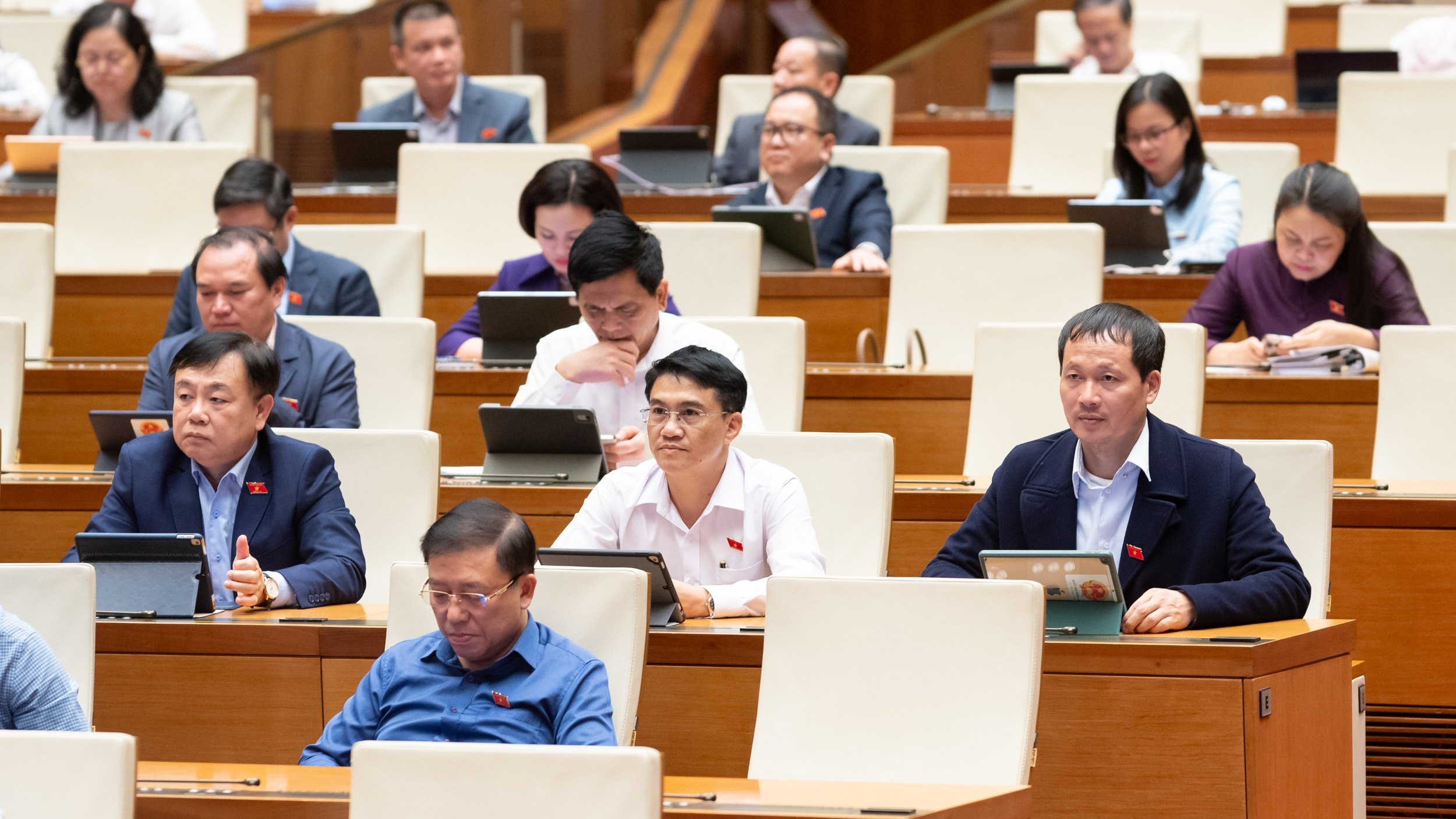
From the above practices, delegate To Ai Vang suggested that it is necessary to clearly define job positions, standards, titles and stable full-time or part-time personnel instead of concurrently holding positions as at present.
At the same time, there are regulations on the state budget to ensure regular operations; invest in facilities and technical equipment for commune-level radio stations; determine a framework for royalties and appropriate remuneration for radio workers at the grassroots level. Institutionalize the digital transformation policy, prescribe a policy roadmap to encourage commune-level radio stations to apply information and telecommunications technology according to the smart radio system in production and broadcasting; improve sound quality, save operating costs, manage more centrally and effectively, in line with the general development trend of digital media.
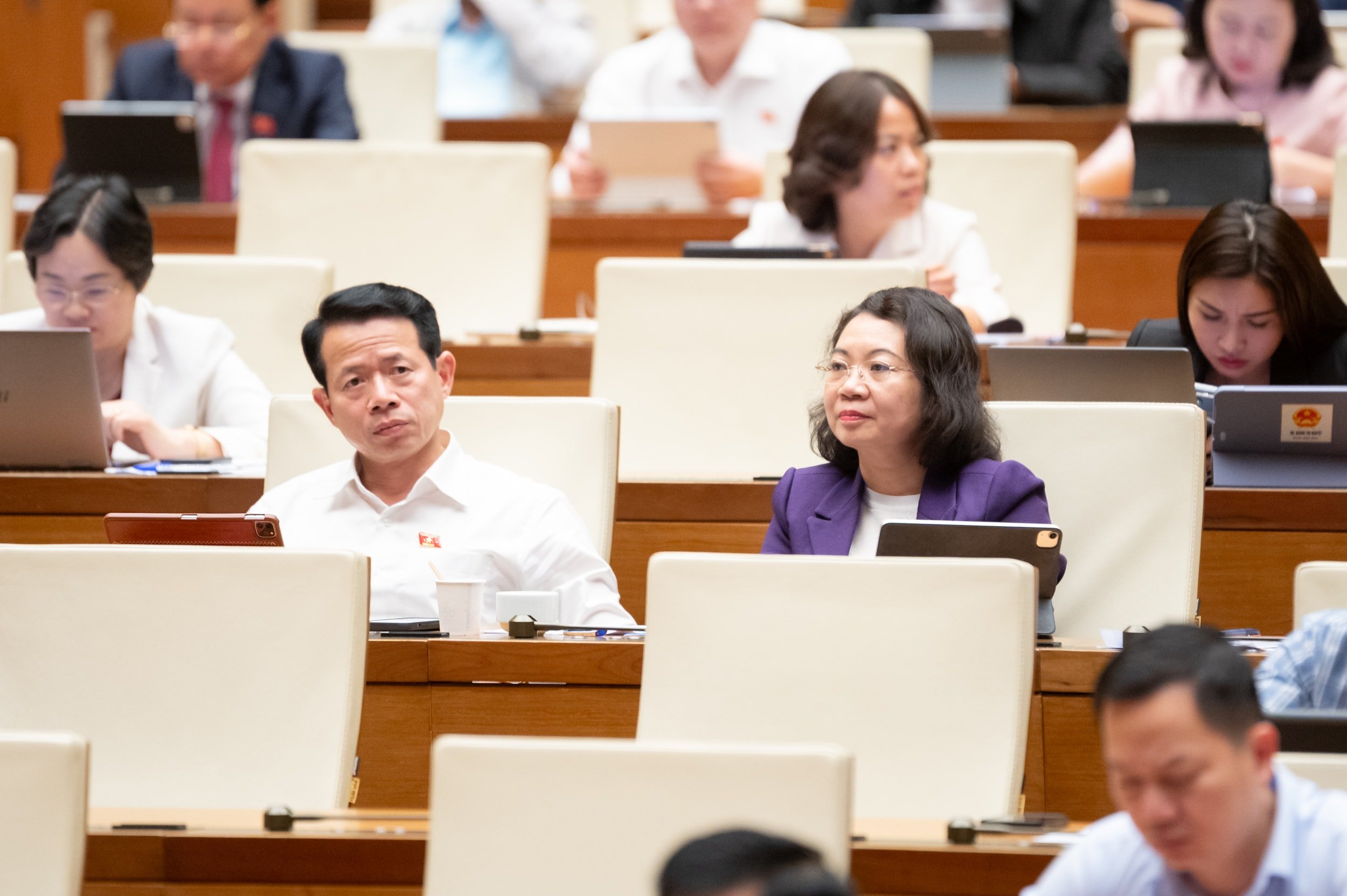
In addition to rebroadcasting, delegate To Ai Vang suggested that it is necessary to create a legal corridor to allow and encourage commune-level radio stations to proactively produce programs with rich, practical content, suitable to local characteristics.
Improving the quality of journalists in key areas
Regarding the rights and obligations of journalists, Clause 2, Article 28 of the draft Law mentions 6 points regulating the rights of journalists. However, National Assembly Delegate Doan Thi Le An (Cao Bang) noticed that there are no regulations on the right to ensure the safety of journalists.
Recent practice has shown that many journalists working in hot spots have faced high risks to their lives and health, been hindered or lacked timely support. Meanwhile, the draft Law does not yet have full provisions on the responsibility to protect journalists in these situations.
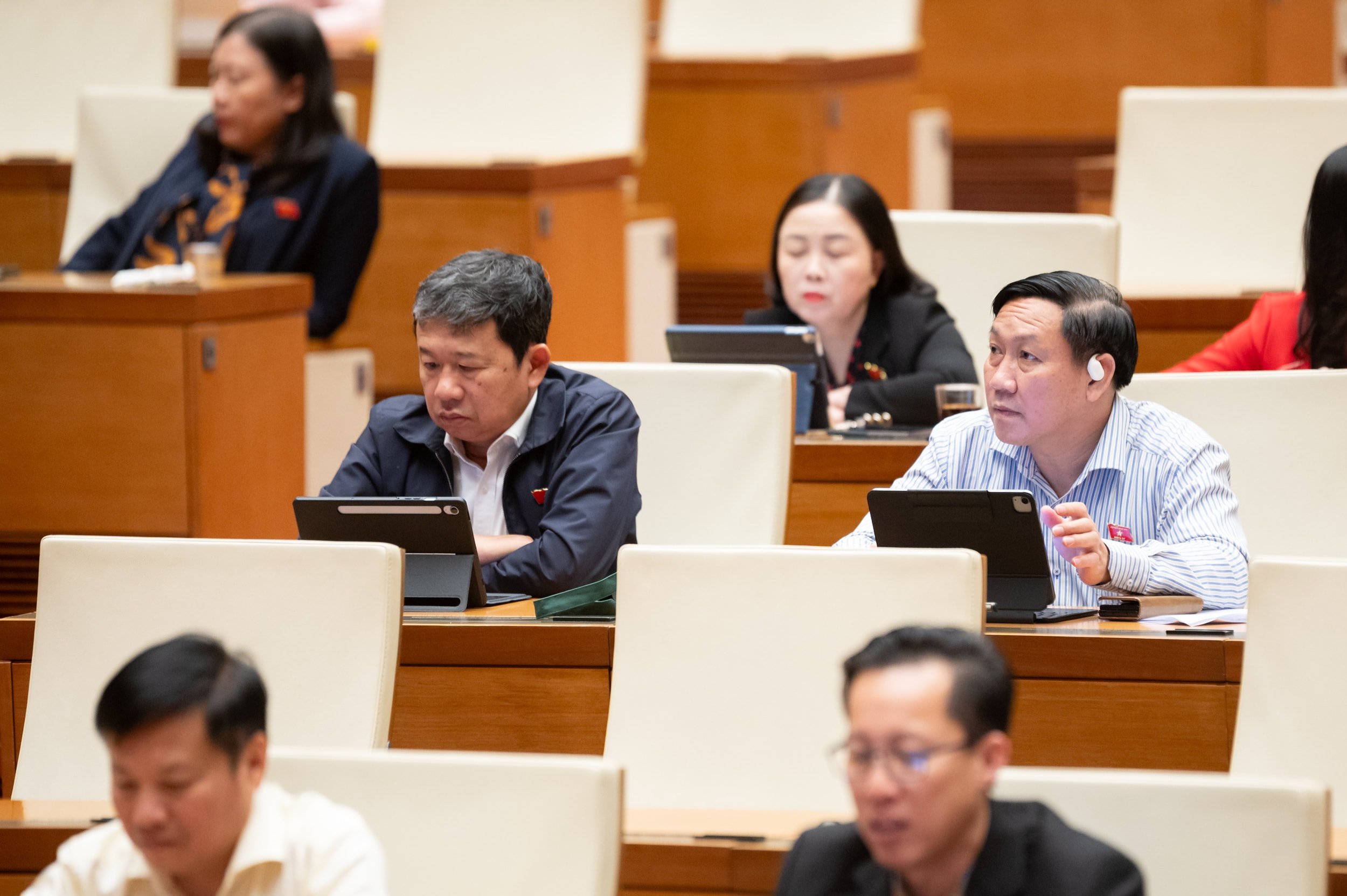
Delegate Doan Thi Le An said that adding regulations on the right to safety protection of journalists when working in risky situations is necessary to ensure the people's right to access information, protect the life and health of the press force, create a unified legal basis for functional forces to coordinate to support journalists at the scene, in accordance with international practices on protecting reporters when working in dangerous areas.
Therefore, delegate Doan Thi Le An proposed to add to Clause 2, Article 28 the following content: “Journalists working in areas of natural disasters, catastrophes, fires, explosions, emergency incidents, accident scenes or areas at risk of insecurity, areas sensitive to security and order must ensure safety of life, health, means of work and equipment within the permitted scope of conditions. Competent agencies at the scene are responsible for guiding the safe area, supporting journalists to work appropriately, implementing necessary protective measures and not illegally obstructing press activities. Press agencies are responsible for providing protective equipment and training safety skills for journalists when working in dangerous environments.”
In addition, delegate Doan Thi Le An also suggested that the drafting agency study and add to the draft Law regulations on policies to support training and development for journalists working in mountainous ethnic minority areas, border islands and areas with especially difficult socio-economic conditions.
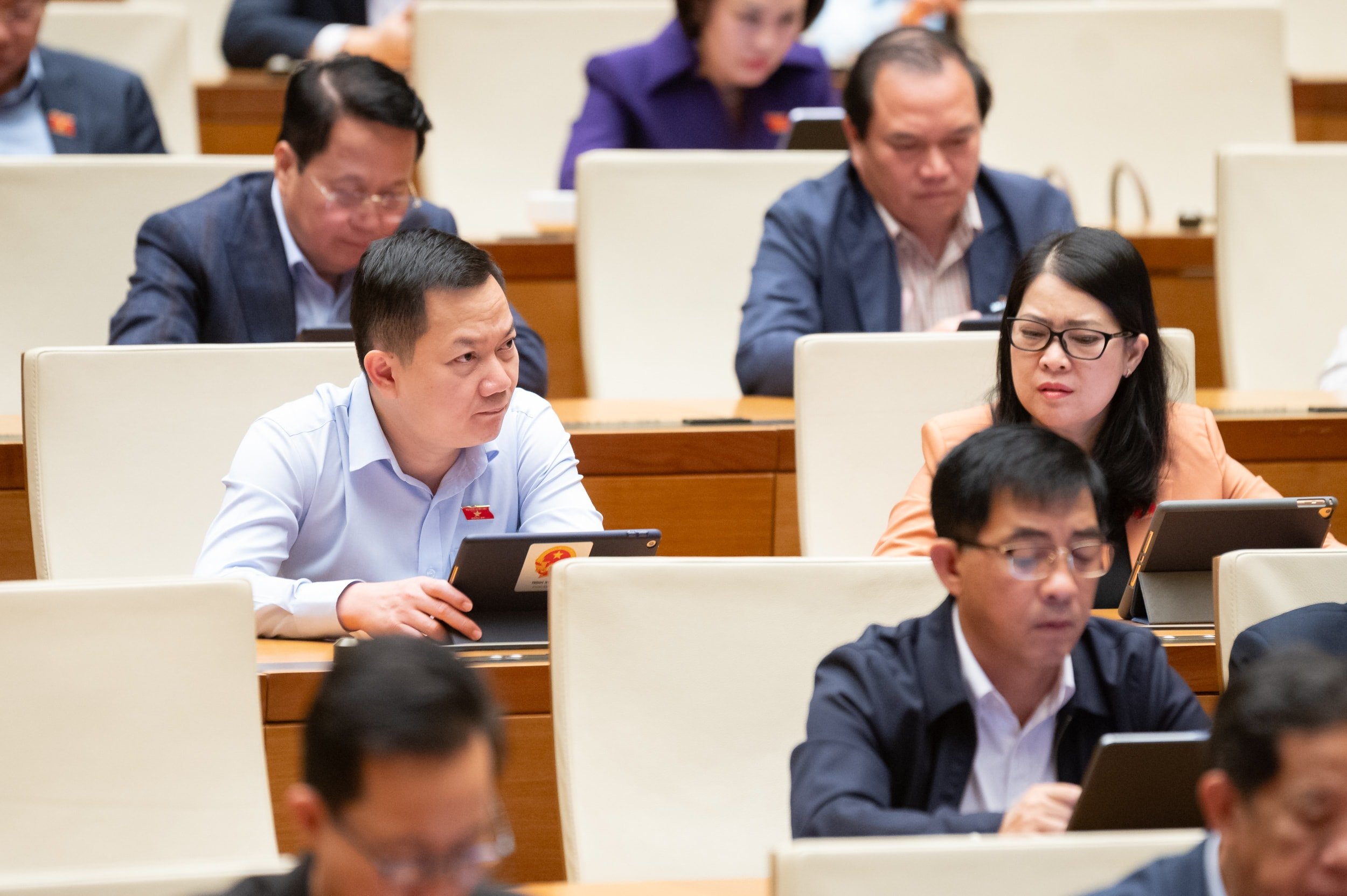
Accordingly, there should be policies to ensure journalists in specific regions have equal access to training programs on professional expertise, professional ethics and digital skills; at the same time, consider supporting the costs of studying, traveling and materials. Organize appropriate training forms including local mobile training, flexible online training to overcome limitations in infrastructure and travel conditions.
Supplement specific training content such as knowledge about ethnic minority culture and society, community outreach skills, safety skills in risky areas and information security in the digital environment.
“The addition of these policies will contribute to improving the quality of journalists in key areas, ensuring the flow of accurate and timely information to the people, while promoting the role of the press in socio-economic development in disadvantaged areas,” delegate Doan Thi Le An emphasized.
Source: https://daibieunhandan.vn/nha-bao-can-duoc-bao-ve-an-toan-khi-tac-nghiep-trong-cac-tinh-huong-rui-ro-10396908.html




![[Photo] VinUni students' emotions are sublimated with "Homeland in the Heart: The Concert Film"](/_next/image?url=https%3A%2F%2Fvphoto.vietnam.vn%2Fthumb%2F1200x675%2Fvietnam%2Fresource%2FIMAGE%2F2025%2F11%2F26%2F1764174931822_10-3878-jpg.webp&w=3840&q=75)


![[Photo] Close-up of heavy damage at the school located on the banks of the Ban Thach River](/_next/image?url=https%3A%2F%2Fvphoto.vietnam.vn%2Fthumb%2F1200x675%2Fvietnam%2Fresource%2FIMAGE%2F2025%2F11%2F26%2F1764152130492_ndo_bl_img-8188-8805-jpg.webp&w=3840&q=75)
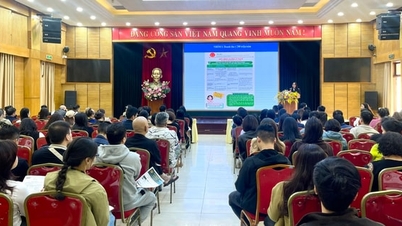

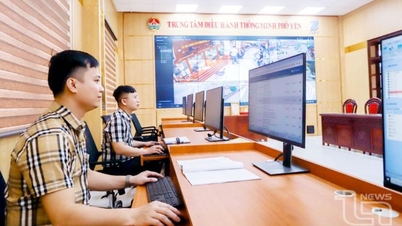

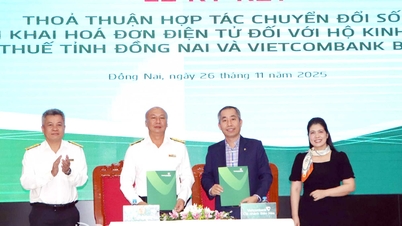



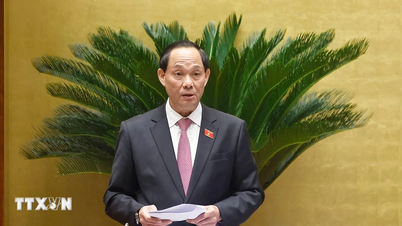



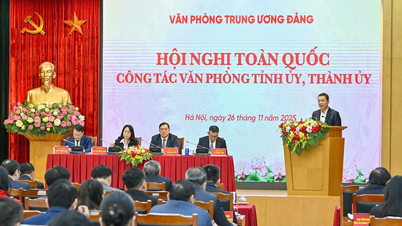

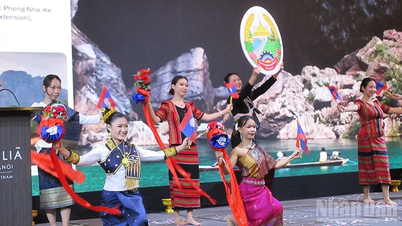
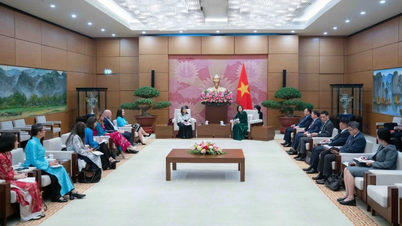
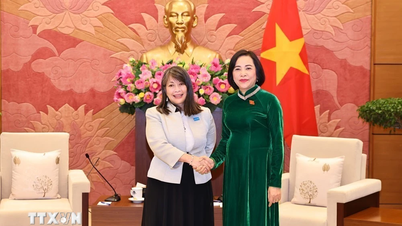
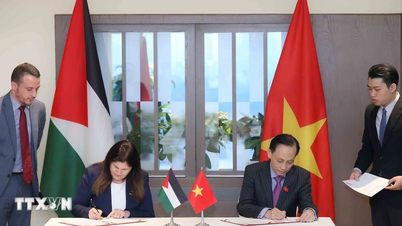
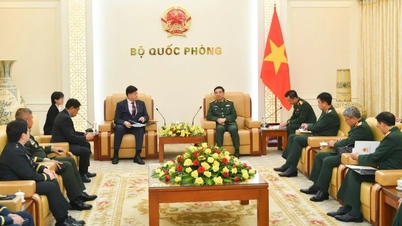




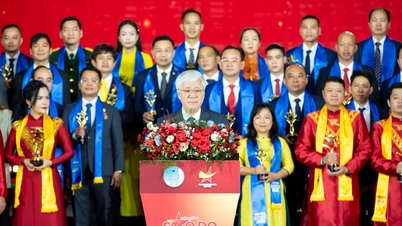
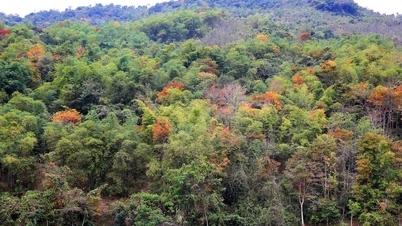
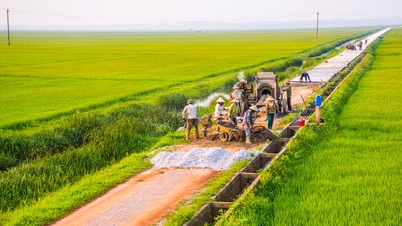
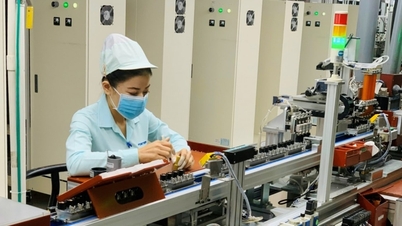
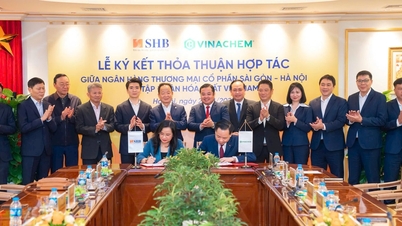



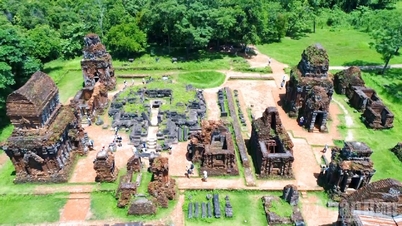
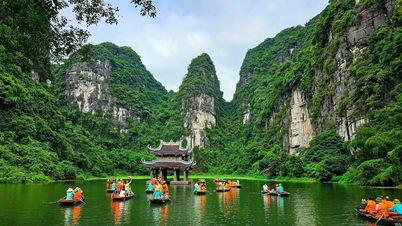
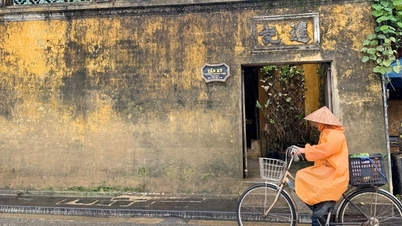

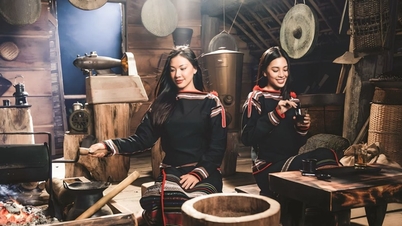

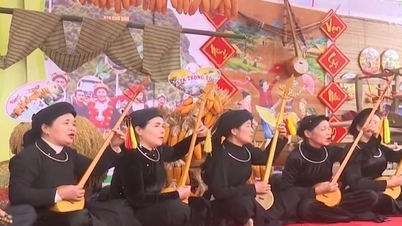

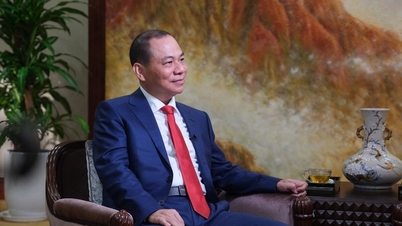
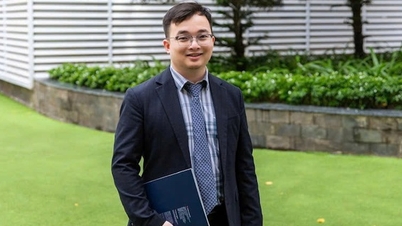

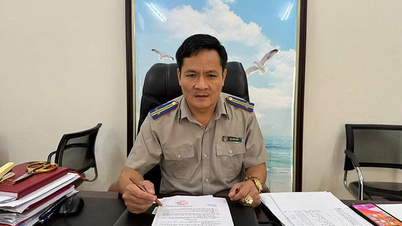

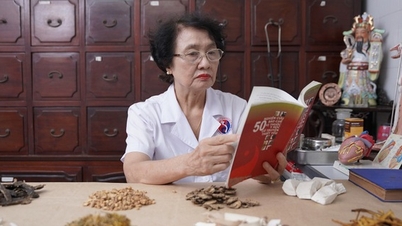

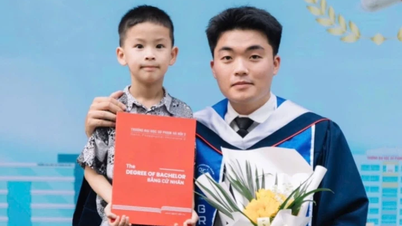

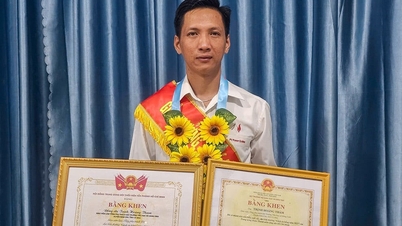

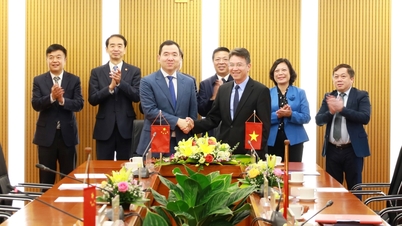

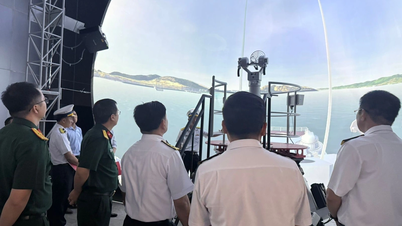


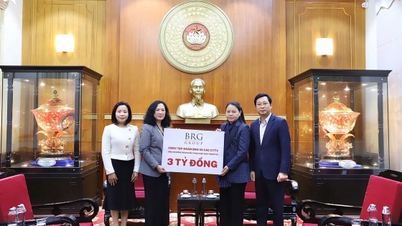











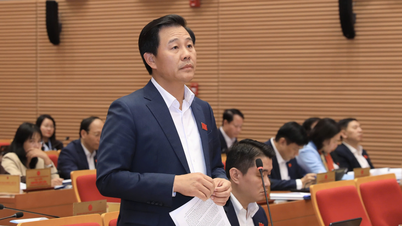
![[Photo] Opening of the 28th Session of the Hanoi People's Council](https://vphoto.vietnam.vn/thumb/402x226/vietnam/resource/IMAGE/2025/11/26/1764155991133_image.jpeg)


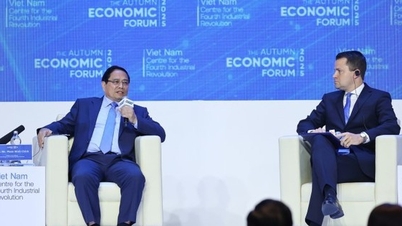

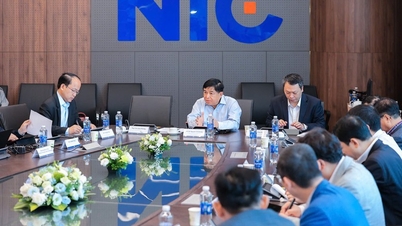



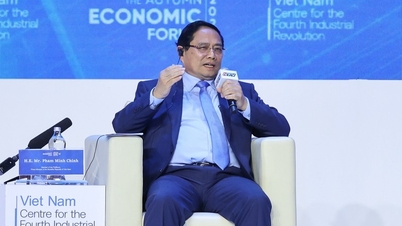
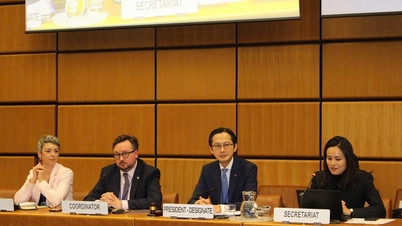
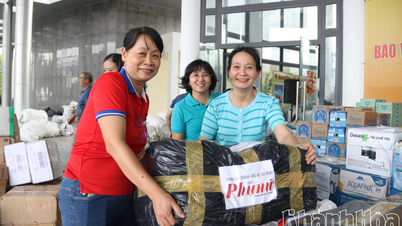



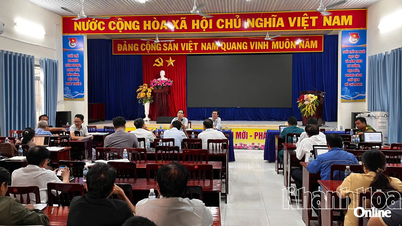
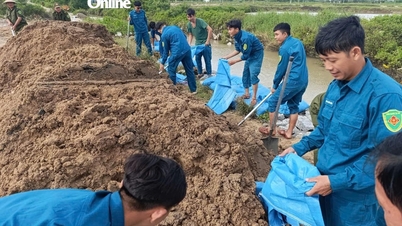










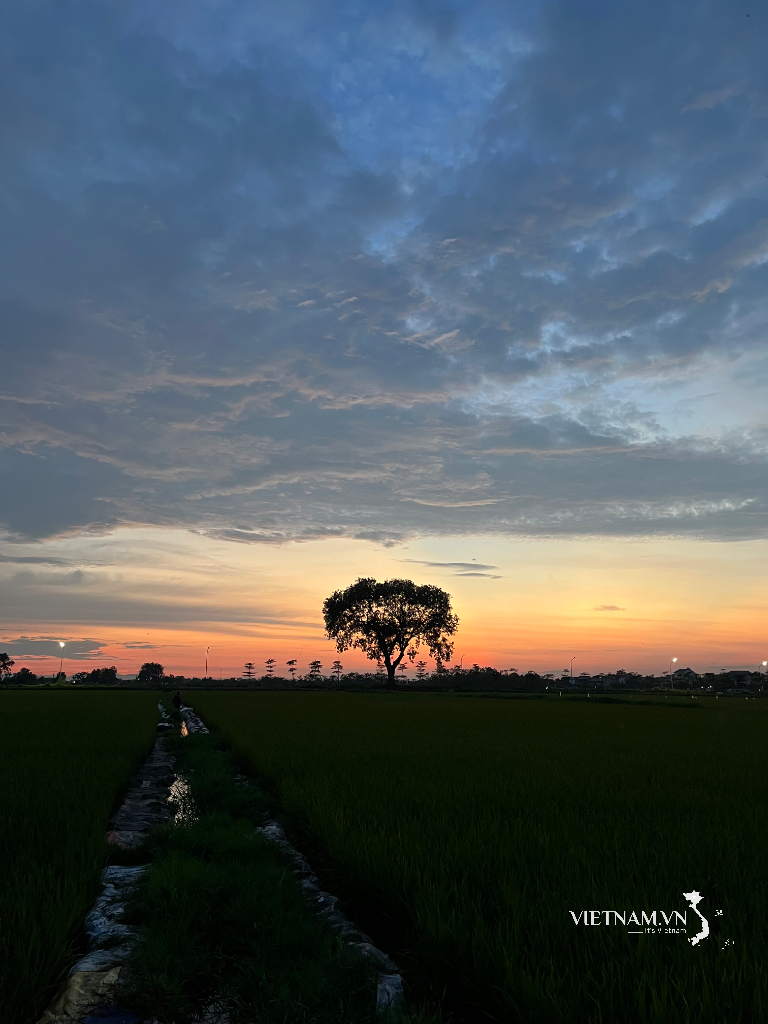



Comment (0)